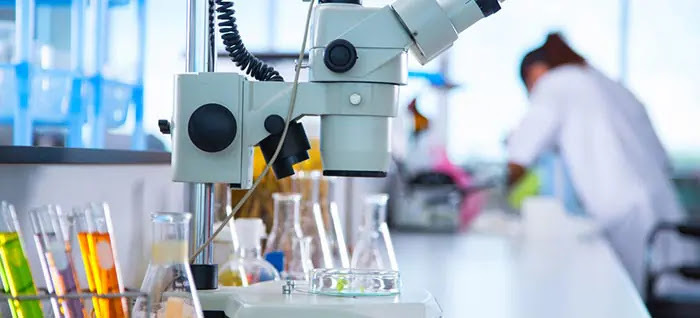Lab equipment suppliers in Libya play a crucial role in ensuring that laboratories across various industries are well-equipped and functional. With the growing demand for advanced scientific research, healthcare, and education, these suppliers offer a range of services that are indispensable to the success of laboratories. Here are seven key services provided by lab equipment suppliers in Libya:
1. Supplying High-Quality Laboratory Equipment
Lab equipment suppliers in Libya provide a wide array of essential laboratory tools and equipment. From microscopes, pipettes, and test tubes to more specialized instruments like spectrophotometers, centrifuges, and incubators, these suppliers ensure that laboratories are stocked with durable and high-performance equipment. Ensuring the availability of cutting-edge tools is vital for conducting accurate experiments and achieving reliable results.
2. Custom Equipment Sourcing
Not all laboratories have the same requirements. Lab equipment suppliers in Libya offer custom equipment sourcing, which means they can source specific tools or machines based on a laboratory’s unique needs. This service is especially useful for specialized fields such as biotechnology, pharmaceuticals, and environmental science, where unique equipment might be required for specialized research.
3. Installation and Setup
Purchasing sophisticated lab equipment is just one part of the process. Lab equipment suppliers in Libya also offer installation and setup services. Proper installation of equipment ensures its optimal performance and longevity. The installation team, often trained technicians, makes sure that the equipment is correctly calibrated, tested, and ready for use, minimizing any operational disruptions.
4. Maintenance and Repair Services
To ensure that laboratory equipment remains in top condition, regular maintenance is necessary. Lab equipment suppliers in Libya provide maintenance services, including routine checks and servicing of various instruments. Should any equipment malfunction, they also offer repair services to keep labs operational without unnecessary delays. This service is essential for preventing downtime and ensuring that research or testing is not hindered.
5. Calibration Services
Accurate measurements are at the heart of every laboratory operation, and calibration is vital to ensure that instruments provide precise results. Lab equipment suppliers in Libya offer calibration services to ensure that instruments such as balances, thermometers, and pH meters meet the required standards. This service helps maintain the integrity of research data, ensuring reliable and reproducible results.
6. Training and Support
Many lab equipment suppliers in Libya offer training programs to ensure that laboratory staff can efficiently use and maintain their equipment. This training covers everything from basic operation to advanced troubleshooting techniques. In addition, continuous customer support is available for addressing questions or concerns related to equipment usage. Well-trained staff ensures the proper handling of equipment, reducing the risk of damage and improving the overall efficiency of the laboratory.
7. Supply of Consumables and Reagents
In addition to equipment, lab equipment suppliers in Libya also provide consumables such as reagents, chemicals, glassware, and safety gear. These supplies are essential for day-to-day laboratory operations, and suppliers ensure that they are available as needed. They often keep a steady stock of these items to meet the demands of busy laboratories and research centers.
Conclusion
Lab equipment suppliers in Libya offer a comprehensive range of services that go beyond just providing equipment. They are partners in maintaining lab operations, offering customized solutions, installation, repair, calibration, and training services. Their role is pivotal in supporting the scientific, educational, and healthcare sectors in Libya by ensuring that laboratories are equipped to meet the challenges of modern research and testing.

Comments
Post a Comment